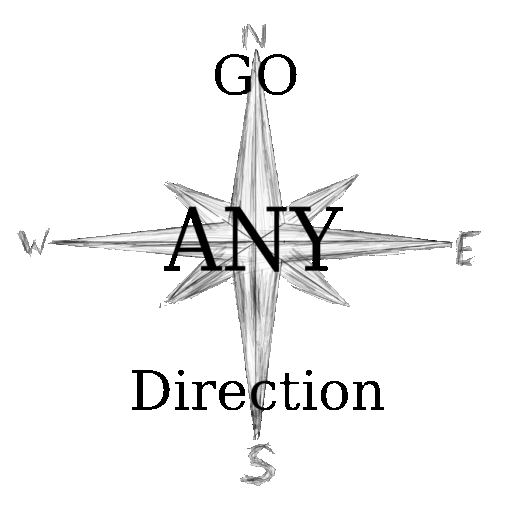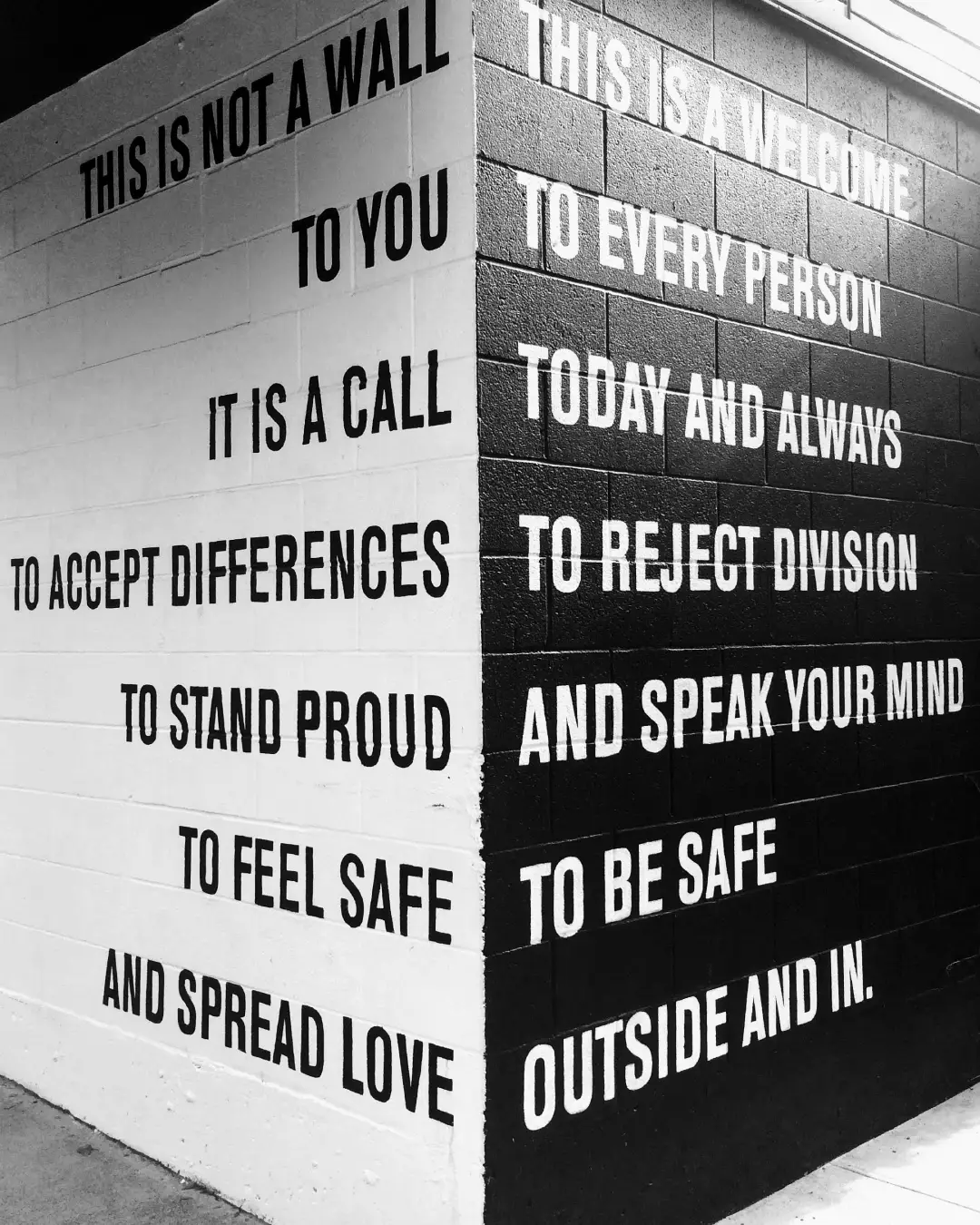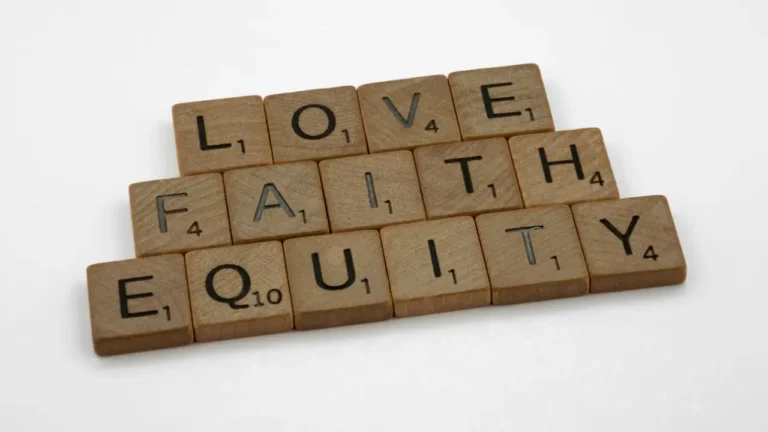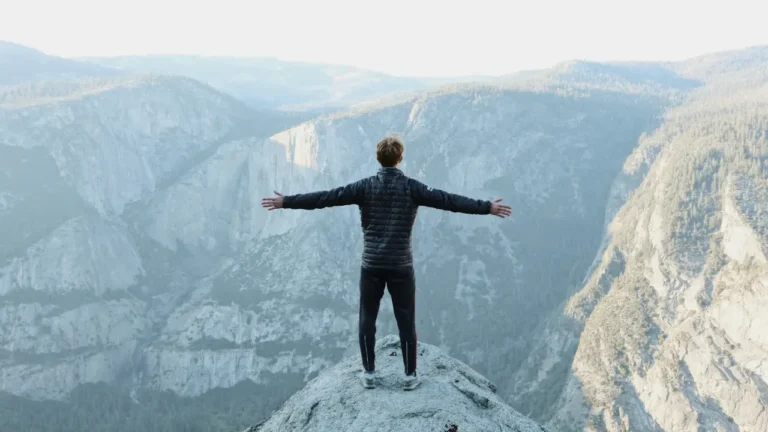Nine months, nine days sober. Two days. Now it’s gone. It had been the longest time I had had since my first drink at sixteen. Nonetheless, back to rehab. Walking back through those doors drunk again was hard. Shame. Guilt. Both there.
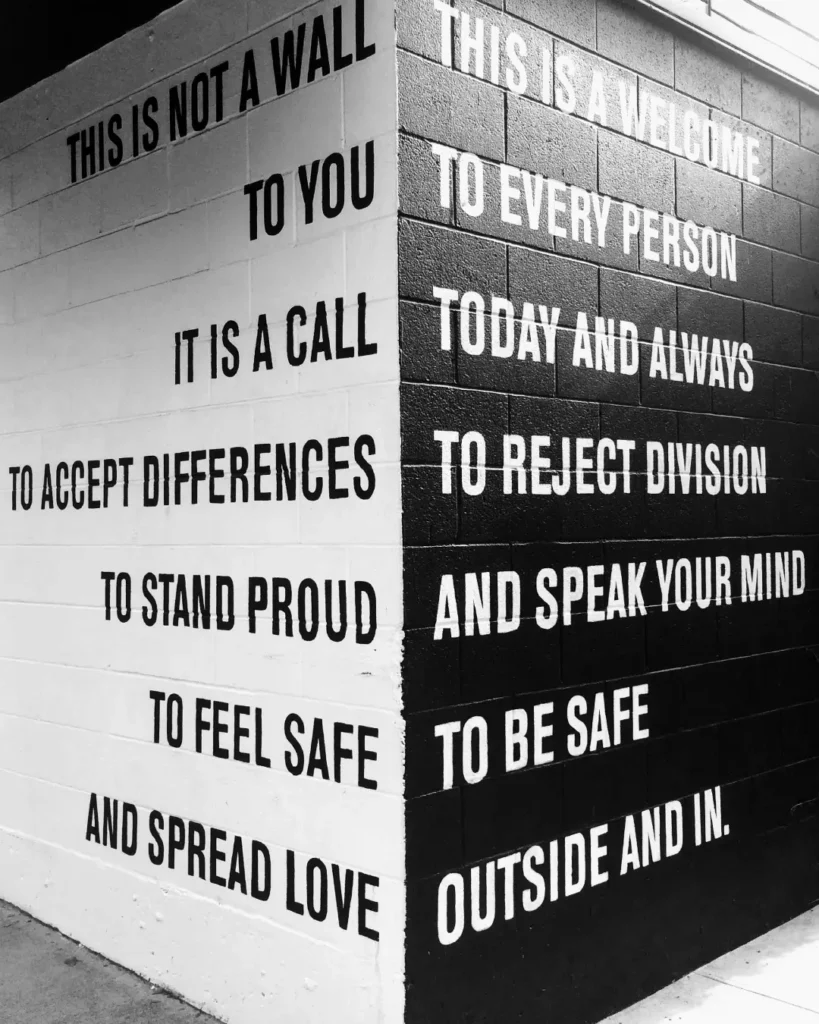
I had spoken at the rehab that I went back to exactly a month to the day that I relapsed. Talk about shame. I only drank for two days: a day and a half. I only drank a pint and a fifth. That’s a lot for that period, but not for me. I had the opportunity to buy and drink more. I didn’t. I stopped. A pint and a fifth was good for me. I didn’t think I needed to go back to rehab, but I lived in sober living, and a requirement to return to sober living is to go to treatment for thirty days, and then you can reapply, so I was forced to go. I willingly went. Reservations in my head, but I went. I remember the first week I kept telling myself that if I hadn’t been in sober living, if I had been living with someone else, they would have told me, “Sober up. Get your shit together and get back it.” Would I have been able to stop and sober up?
The first two days were hard. I wasn’t detoxing, so physically it wasn’t hard. Mentally it sucked. That guilt of taking another drink when I know that I shouldn’t. The shame of just speaking there, and now I’m back as a client. Seeing employees with whom I was having conversations on the other side, and seeing alums at the alum meetings on the other side. Pour it on. It was heavy.
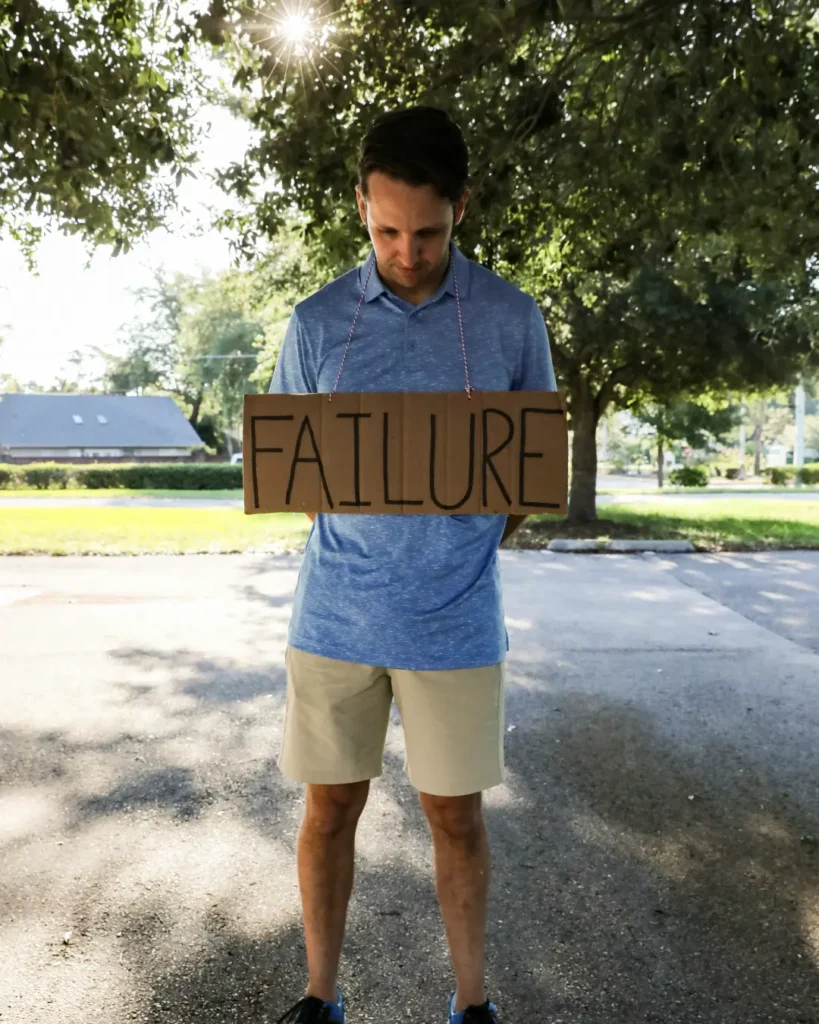
Then I thought to myself, “It was only a day and a half. That day and a half doesn’t take away the nine months and nine days. Sure, day counters will want your day count, but you were still sober more time than any other time of your adult life.” That’s when the thought occurred that by my original sober date of June 28, I will have 363 days sober out of 365. That’s an accomplishment. If I remain sober through 2025, I will be able to say on New Year’s Day that I only drank two days this year. That shame and guilt began to slip away.
The thought of not needing rehab persisted. I talked to counselors, techs, and fellow clients about how I was only there because of sober living. Then the thought of, “Would I have been able to stop on my own?” entered my head. The answer: NO! Since I was busted, maybe I would have. Had I been successful, it would have continued. Not right away. I would have gradually gotten back there. I know how my mind works. I know the ins and outs of this disease. If I had been successful, I would have said, “See, I told you we could control it.” Then, a week later, I would have done it again. Then a day after that. Next, day after day, till I was back in detox, hurting physically again—cunning, baffling, and powerful for a reason.
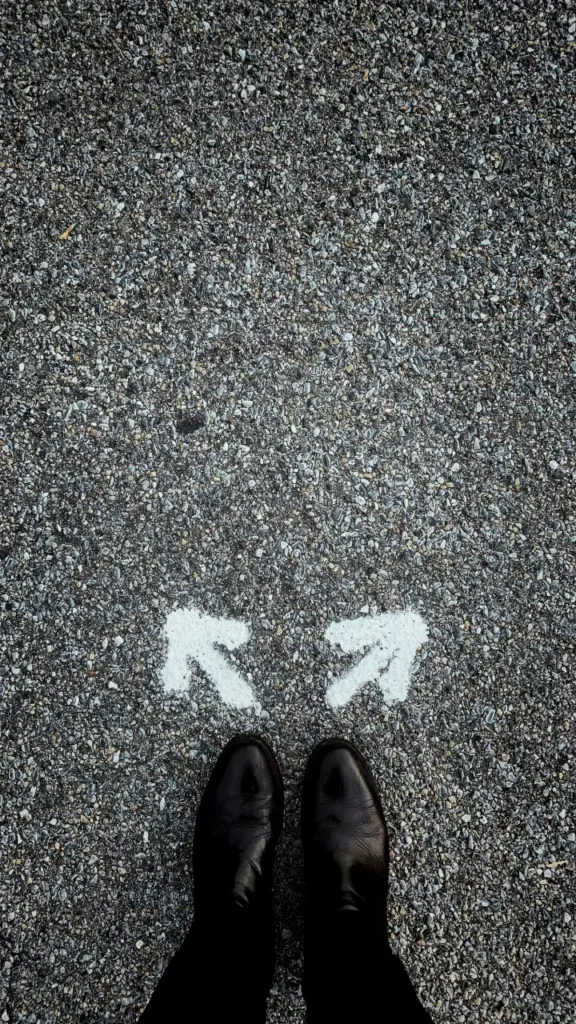
I did my thirty days and went back to sober living. What did I find out? I forgot the first step: We admitted we were powerless over alcohol—that our lives had become unmanageable. Acceptance. I still struggle with accepting that I’m an alcoholic. I still think that I can go back and drink normally.
I think that my lack of acceptance comes from the fact that before I was fifteen, I said I would never do drugs or drink alcohol. Alcoholism is in my genes, and I saw alcoholism firsthand through my first stepfather. My maternal grandfather was a horrible, abusive drunk, and, till the age of nine, my stepdad was an alcoholic. Knowing and seeing the effects of alcohol on these two people led me to profess that I would never do drugs or drink. Admitting that I’m an alcoholic, after setting that expectation, has been hard for me. I know I’m an alcoholic. The evidence is undeniable. Admitting that I have a disease that has no cure and requires treatment is harder.
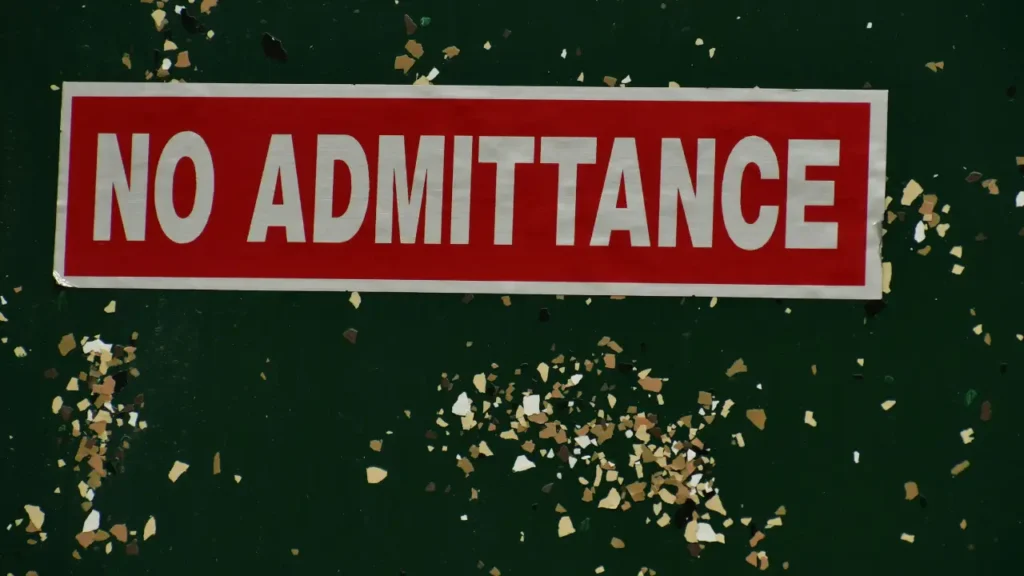
There was an event two days before my relapse. I was at a music bingo fundraiser for a foundation that provides scholarships for treatment. I had been a recipient of the scholarship the previous year and was invited on stage to acknowledge my sobriety. I wasn’t nervous about appearing, but after I was brought on stage, I felt uncomfortable. This was the first time standing in front of a non-AA (Alcoholics Anonymous) or NA (Narcotics Anonymous) crowd. The fundraiser wasn’t non-alcoholic; there were drinks and a raffle for a wagon of booze. None of that bothered me. I was uncomfortable admitting that I was an alcoholic. Having the eyes of a “normie” crowd on me was different. Sure, they knew why they were there. I felt like they were all judging me. My head. My thoughts. Was this the sole reason I drank? No. What rehab did was allow me to understand why I felt uncomfortable. It allowed me to know that I still had work to do. I went into rehab telling everyone I didn’t need to be there, but by the end of it, I came out realizing it was required.
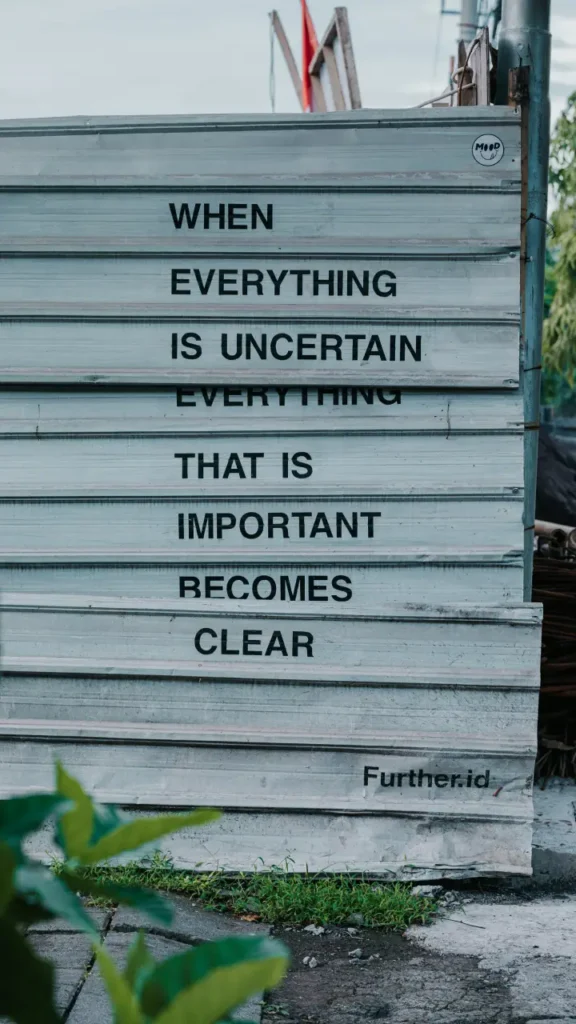
I finished thirty days and entered a different sober living. Doing something different and still working on acceptance. Living day to day and understanding this is my life. Acceptance of my treatment: sober living and the AA program. It’s easy to say I’m an alcoholic, but living as an alcoholic is the hard part. Accepting I can’t take a drink and that I have to do certain things throughout the rest of my life to maintain my sobriety, that’s the work.
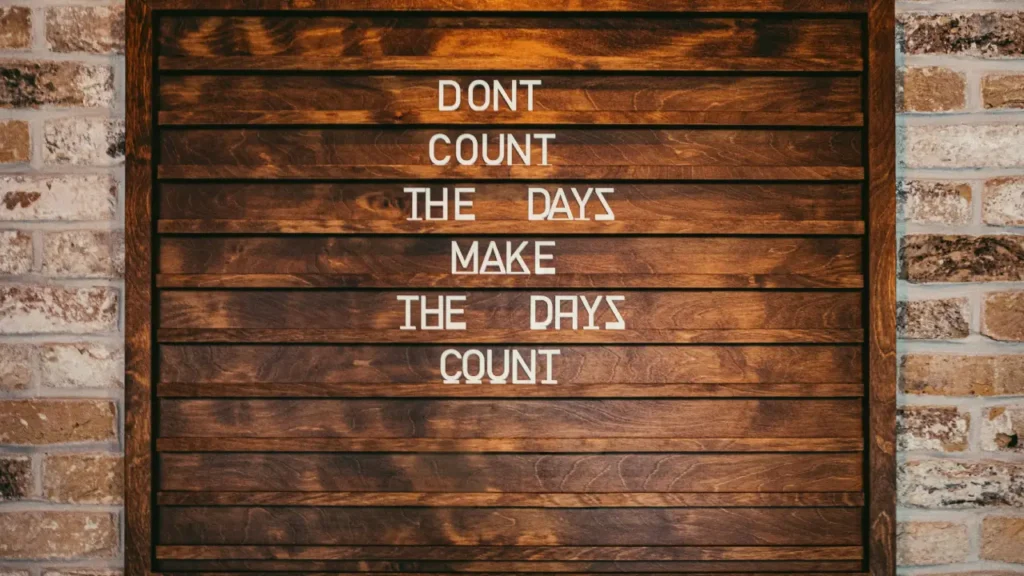
Nine months, nine days. Two days, and now I’m sober. I have sober time. Those two days mean something, but they don’t erase the nine months and nine days that came before. Nor do they erase the five months of the previous year or the six months of the year prior. I’ve pieced together a lot of sobriety. The two days represent lessons. They make me stronger. I’ll count days to get my one year of sobriety and the years after, but from here on, I’m sober today, because today is the only day that exists.
